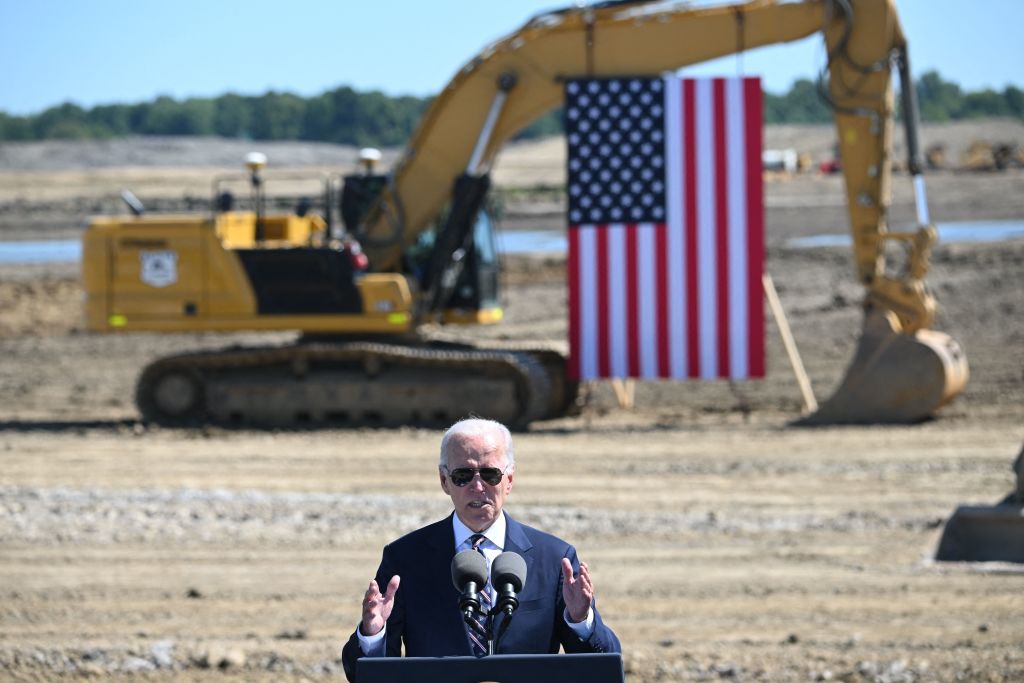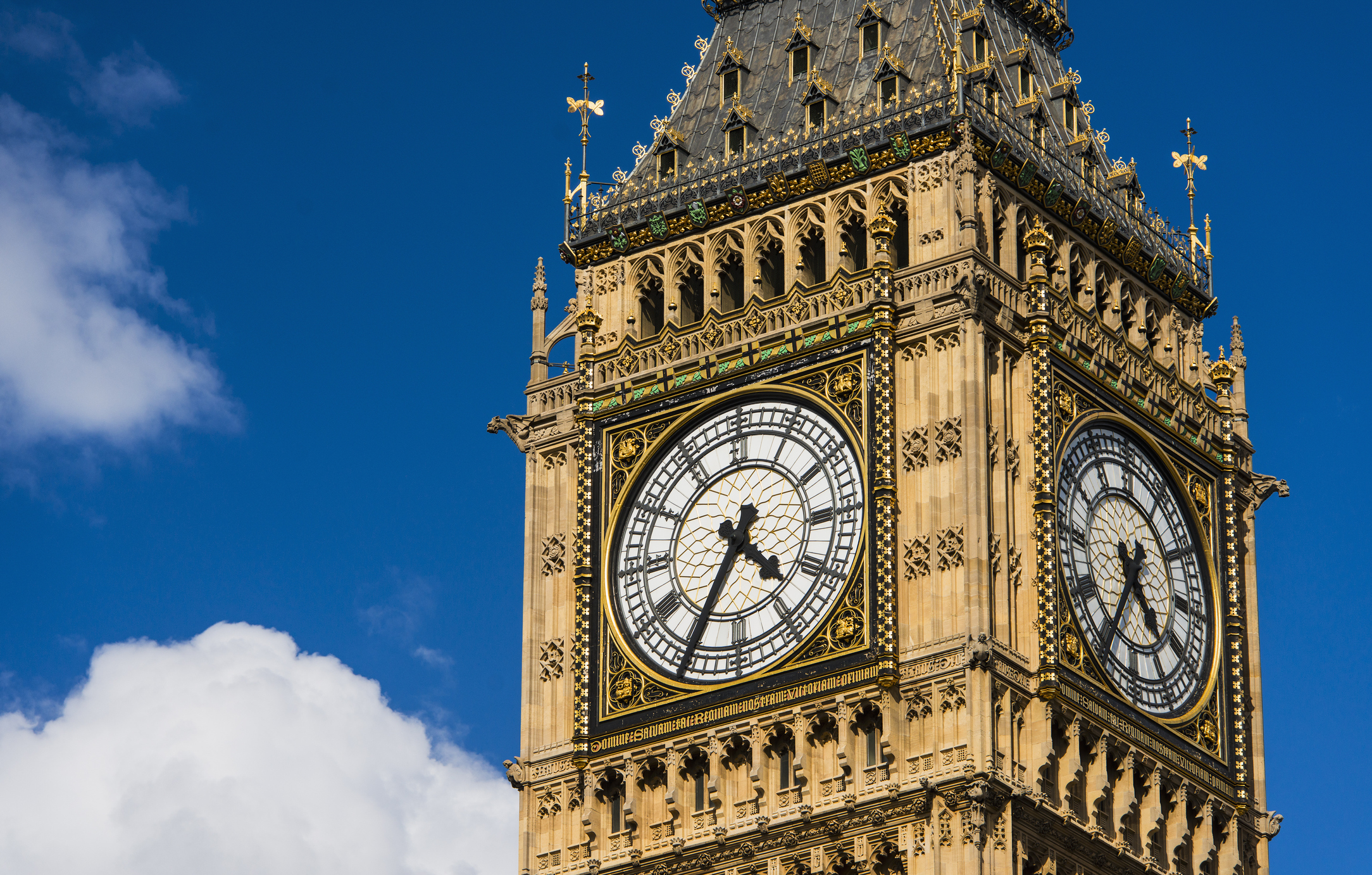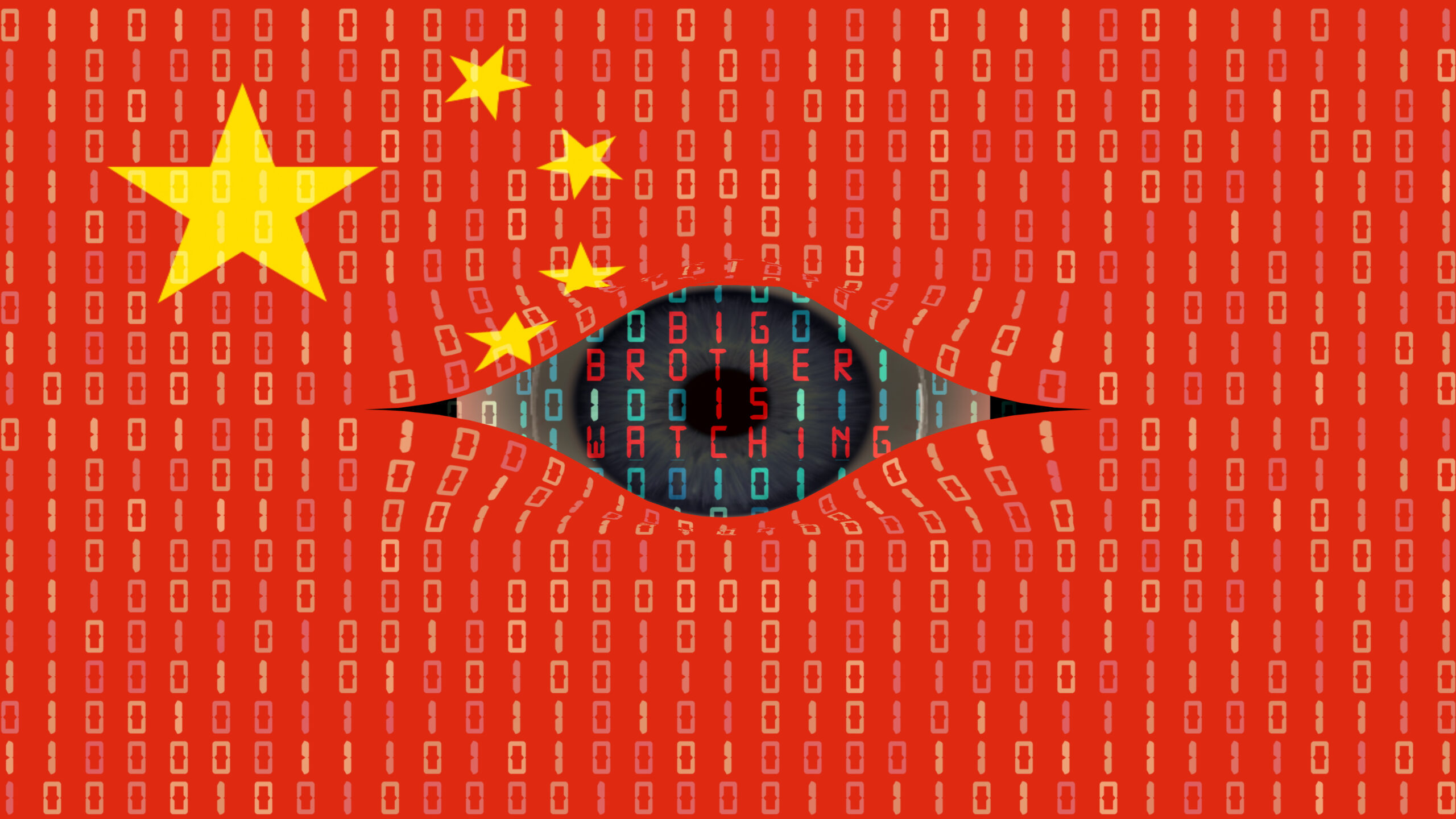Biden’s dreams of American semiconductor dominance are futile.
Captain Commie

The Marvel Studios propaganda mill switches teams.
Over the past two decades Hollywood has been “Marvelized.” While smart, esoteric movies are left to perish, Marvel’s money-making superhero franchises, light on compelling storylines but heavy on action, reign supreme.
Endless sequels, prequels, and parallel versions are the order of the day. Last year, Marvel Studios released Doctor Strange in the Multiverse of Madness, Black Panther: Wakanda Forever, and Thor: Love and Thunder, three of the biggest movies of 2022. This year, Marvel will release the Guardians of the Galaxy Vol. 3, Spider-Man: Across the Spider-Verse, The Marvels, and Kraven the Hunter. As I write this, Marvel’s latest release, Ant-Man and the Wasp: Quantumania, is being met with unflattering reviews. And for good reason. In short, it’s not very good.
Nevertheless, the Marvel machine powers on. Although the storylines tend to be rather predictable, the characters tend to lack any substance, and the dialogue is inane, Marvel movies rarely fail to amass huge interest and huge revenues. This fact is not lost on the Pentagon. Although the Pentagon has been working with Hollywood for more than a century, the ways in which it shapes Marvel movie storylines is unprecedented.
Marvel’s murky relationship with the Pentagon can be traced back to 2008, the year Iron Man, the first Marvel movie to be inducted into the national film registry, took the world by storm. A potent mix of drama, action, and comedy, Iron Man was met with rave reviews. At the time, the movie felt subversive. In hindsight, though, it was nothing more than military propaganda.
The Tony Stark who many of us came to know and love and quickly became the flagship hero of the Marvel universe, however, is as much a product of the Pentagon as he is of Marvel Studios.
You see, to tap into the military’s unlimited arsenal of props and sets, movies must first get a blessing from the Pentagon. Characters are analyzed in great detail, lines are carefully assessed, and recommendations are offered. The Pentagon is reported to have lent Marvel Studios close to $1 billion worth of military equipment for use in the first Iron Man movie alone. Marvel Studios even had to get the entire script fully approved by the Pentagon, which included deleting a number of lines from the original scenario. Call it unconditional support or product placement, the Pentagon saw an opportunity to deliver a very specific message to the masses.
In the words of Tom Secker, a researcher who has spent years connecting the dots between the Pentagon and Hollywood, “without the Pentagon’s support it is possible that the Marvel Universe wouldn’t have become the world’s biggest film franchise.” “Some of the most iconic scenes in Iron Man,” he added, “came as a result of military assistance.” And just as the entire Iron Man franchise is a product of Pentagon assistance, the same is true for the Captain America franchise, consisting of Captain America: The First Avenger, Captain America: The Winter Soldier, and Captain America: Civil War.
Changing Narratives
Nothing, as they say, lasts forever. The pro-American military messaging in Marvel movies could soon come to an abrupt end. You see, after a three-year hiatus, Marvel films are once again being released in China. On February 7, Black Panther: Wakanda Forever was released, and some ten days later, the aforementioned Ant-Man and the Wasp: Quantumania hit Chinese theaters.
Rather alarmingly, a recent Hollywood Reporter story suggests Marvel Studios, in an effort to win over the Chinese Communist Party (CCP), intends to educate their actors and executives, schooling them “to watch their words.” Moreover, according to the report, the Marvel films of tomorrow won’t feature any Chinese villains. Some readers, I’m sure, will find this shocking. In truth, though, we shouldn’t be surprised.
In 2018, Marvel Studios kowtowed to China, a notoriously racist country, by covering up Chadwick Boseman’s face with a mask on a Black Panther promotional poster. Boseman, now deceased, was a black actor and the star of the movie. Instead of refusing to carry out this shameless, racist act, the American production company complied. As tensions between China and the U.S. escalate, and as Marvel continues to bow down to those in Beijing, expect Marvel movies to become considerably more pro-China.
Marvel Entertainment is owned by The Walt Disney Company, which is in the business of entertaining families and also of bending the knee to the CCP. Recently, the company removed an episode of The Simpsons from its streaming service in Hong Kong that dared to reference Chinese “forced labor camps” (although those camps most definitely exist).
The decisions to remove the episode and “re-educate” Marvel actors and executives can, one assumes, be traced back to Bob Iger, the CEO of Disney. In November of last year, he returned to his role after less than a year away. Two days after his return, Disney’s Avatar: The Way of Water was released in China. As Variety recently reported, “with the return of Iger, who once told friends that he was considering a diplomatic post in China for the Biden administration and who was the key architect in opening Disney theme parks in Shanghai and Hong Kong,” relations between China and Disney appear to be rather cozy.
Iger returned to Disney for a very specific reason: to win back China. Obviously, he has succeeded in doing this. However, there is something deeply disconcerting about Disney, founded by a deeply patriotic man, bending over backwards to accommodate the CCP’s demands. One wonders what Walt would say if he could see Iger, an American citizen, doing everything in his power to please the despots in Beijing.
The American Mind presents a range of perspectives. Views are writers’ own and do not necessarily represent those of The Claremont Institute.
The American Mind is a publication of the Claremont Institute, a non-profit 501(c)(3) organization, dedicated to restoring the principles of the American Founding to their rightful, preeminent authority in our national life. Interested in supporting our work? Gifts to the Claremont Institute are tax-deductible.
NatCon London raises unavoidable questions.
Maintaining rule through the use of digital manipulation threatens a government’s legitimacy.
The U.S. needs to support domestic drone production.
Smart appliances are a threat to American national security.
Watch out for the return of the triumphalist neoliberal consensus.






